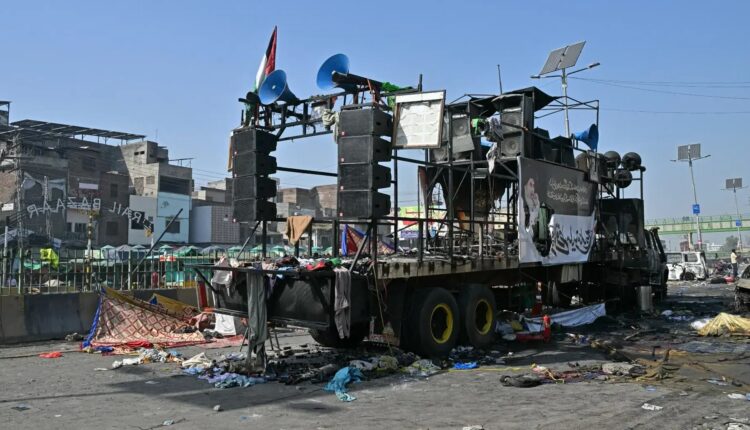Following the federal cabinet’s consent, the interior ministry issues a ban on the TLP.
The government has banned a political party for its repeated involvement in violent and disruptive protests.
Tehreek-i-Labbaik Pakistan – (Special Correspondent / Web Desk) – The interior ministry announced a ban on the Tehreek-i-Labbaik Pakistan (TLP) this Friday. The government stated it has solid reasons to believe the group is linked to terrorism. An official document confirmed the decision, which places the TLP on the country’s list of banned organizations.
This action was taken using the power given by the Anti-Terrorism Act. The federal cabinet had given its unanimous approval for this ban a day earlier. The decision was made during a meeting led by Prime Minister Shehbaz Sharif, based on a request from the Punjab government.
According to the Prime Minister’s Office, the interior ministry presented the TLP’s history of violent activities. It stressed that the group has repeatedly caused widespread unrest. The TLP began as a movement in 2015 and became a political party the following year. A previous government had also banned it in 2021 after similar violent protests.
The cabinet was informed that the last ban was lifted after the TLP promised to stop its violent actions. The current ban is a result of the group breaking those promises. Official statements noted that past protests by the TLP have led to the deaths of security officers and innocent citizens.
A source familiar with the cabinet meeting said that everyone agreed the group must be stopped from repeatedly shutting down the country. A prime minister’s adviser later explained that the goal of the ban is not to end the party but to remove its violent elements. He clarified that the issue is not with the party’s religious views but with its violent methods.
Pakistani security forces ‘neutralised’ 8 Fitna al Khawarij militants in KP.
A state minister for interior added that the TLP acted like an extremist group and broke its promises. He said the government had no other choice after reviewing reports from the Punjab government. The interior ministry had gathered information from all provinces about the TLP’s conduct over the last ten years.
Under Pakistani law, a national counter-terrorism authority keeps lists of banned groups. People associated with these groups can face travel bans and have their finances frozen. Individuals can also be placed on a watch list for monitoring. Other groups on this list include the TTP and the Baloch Liberation Army.
A provincial government can ask for a party to be banned, which is what happened with the TLP. The federal government can then take the matter to the Supreme Court, claiming the party is a threat to the country’s sovereignty. Ultimately, the Supreme Court has the final say on whether to ban a political party for good. The government can also use the Elections Act to seek a party’s dissolution.






Comments are closed, but trackbacks and pingbacks are open.